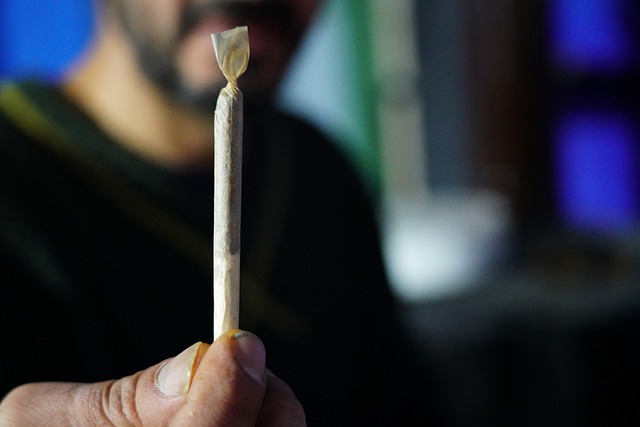THCA (Tetrahydrocannabinolic Acid), a non-psychoactive cannabinoid found in hemp and cannabis plants, is increasingly recognized for its potential health benefits within the European Union. Its legal status varies across EU member states, with some countries permitting THCA flowers containing less than 0.2% THC derived from hemp, under the auspices of the EU's novel food regulations. Notably, countries like Germany, Italy, and the Netherlands have embraced this market, while others impose stricter controls or prohibitions based on varying interpretations of EU guidelines. As the legal landscape is subject to change with new scientific data and societal shifts, consumers and businesses must stay informed.
For those considering THCA flowers, it's essential to adhere to local regulations and understand that while THCA itself is non-psychoactive, its conversion into THC through heat can lead to psychoactive effects. Consumers should start with low doses, consult healthcare professionals, especially if on other medications, and source from reputable suppliers for accurate labeling and quality assurance. The therapeutic potential of THCA flowers has sparked a trend in the EU market, with innovative uses in vaporization and culinary infusions, appealing to health-conscious individuals seeking natural remedies that are legal in certain EU countries. However, users must be cautious as THCA can cause side effects like anxiety or gastrointestinal issues, and its legality is a complex issue within the EU's diverse regulatory environment. Staying updated on the evolving legal landscape of THCA in EU countries is crucial for safe consumption and compliance with regulations.
Exploring the complexities surrounding the THCA flower, particularly its legal standing and prevalence across European Union nations, this article sheds light on a burgeoning trend. As we delve into the emergence of THCA flowers as a natural wellness choice, it’s crucial to understand their potential effects and how they differ from other cannabinoids. We will examine the usage patterns, purported benefits, and safety considerations associated with THCA consumption. With an emphasis on dosage, interaction, and tailored recommendations for safe use, this piece aims to inform and guide readers through the intricacies of THCA legality in EU countries.
- THCA Flower: Understanding Its Legal Status and Presence in EU Countries
- The Emergence of THCA Flowers: A Comprehensive Overview of Usage and Benefits
- Potential Side Effects and Safety Considerations When Consuming THCA Flower
- Navigating the Nuances: Dosage, Interaction, and Recommendations for Safe THCA Flower Use
THCA Flower: Understanding Its Legal Status and Presence in EU Countries
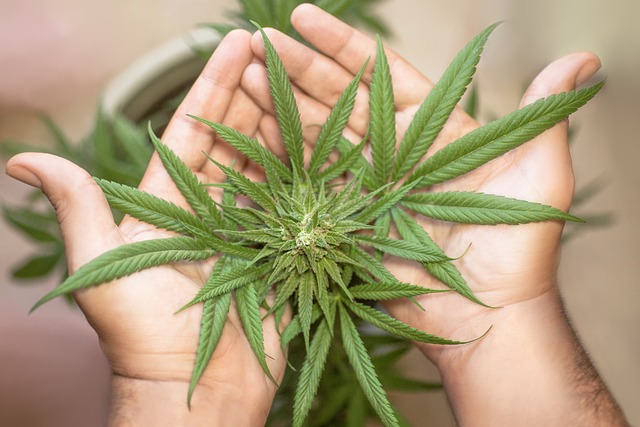
THCA, or Tetrahydrocannabinolic Acid, is a non-psychoactive cannabinoid found in raw or unheated cannabis plants, which can convert into THC, its psychoactive counterpart, upon decarboxylation through heat. The legal status of THCA flower, as with other cannabis derivatives, varies across the European Union (EU) member states, reflecting a patchwork of regulations influenced by EU policies and individual country laws. In some EU countries like Germany, Italy, and the Netherlands, there is a growing market for CBD products, including THCA flower, provided they contain less than 0.2% THC, aligning with the EU’s novel food regulations. Conversely, other member states have stricter controls or outright bans on such substances, often due to differing interpretations of the EU’s guidelines. It’s crucial for consumers and businesses within the EU to stay informed about the evolving legal landscape, as policies can shift with new scientific findings and societal attitudes towards cannabis continue to change. Navigating the legality of THCA flower in the EU requires careful attention to both EU-wide regulations and the specific laws of each country, ensuring compliance at all times.
The Emergence of THCA Flowers: A Comprehensive Overview of Usage and Benefits
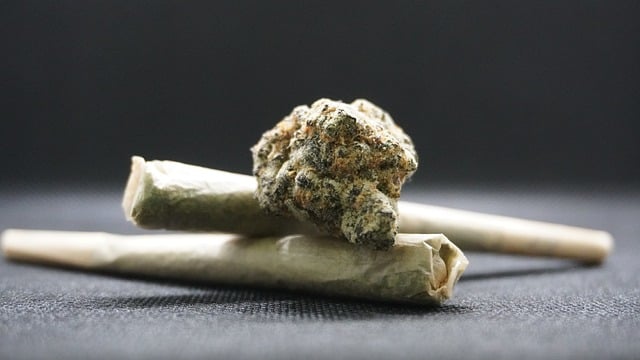
The emergence of THCA (Tetrahydrocannabinolic Acid) flowers has sparked significant interest within the realm of cannabis products, particularly in EU countries where legal frameworks permit their usage. Unlike its well-known derivative THC (Tetrahydrocannabinol), THCA is non-psychoactive, offering a range of potential benefits without the traditional ‘high’ associated with cannabis consumption. EU countries that have legalized the cultivation and possession of THCA flowers have opened up new avenues for consumers seeking the therapeutic properties attributed to this compound.
THCA flowers are often celebrated for their rich cannabinoid profile, which includes not only THCA but also a host of other beneficial cannabinoids, terpenes, and flavonoids. These compounds work synergistically within the body’s endocannabinoid system, potentially contributing to the alleviation of various symptoms and conditions. Consumers in EU countries are exploring different methods of incorporating THCA flowers into their wellness routines, from vaporization to infusion into edibles, reflecting a growing demand for natural and effective alternatives to conventional medications. The legal status of THCA flowers in the EU varies by country, but where it is legal, it has become a popular choice for those interested in the potential health benefits of cannabinoids without psychoactive effects.
Potential Side Effects and Safety Considerations When Consuming THCA Flower
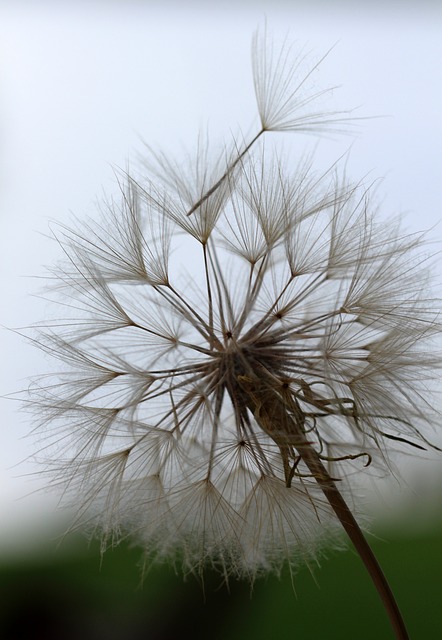
THCA, or tetrahydrocannabinolic acid, is the raw form of THC found in hemp and cannabis plants before it has been heated or cured to transform into THC. While THCA is known for its potential therapeutic benefits, including anti-inflammatory and pain-relieving properties, it’s important to be aware of its side effects when consuming THCA flowers, particularly in the context of their legality within the European Union. In the EU, the legal status of THCA flowers varies by country and is often tied to their THC content; many member states have regulations that allow for products with THC levels below 0.2% to be sold as long as they are derived from hemp and not psychoactive.
Consumers should exercise caution when using THCA flowers, as they may still contain significant amounts of THC, which can lead to side effects such as anxiety, paranoia, altered perception, or impaired motor skills. These effects can be heightened in individuals who are sensitive to THC or those who consume high doses. Additionally, the ingestion of THCA flowers may cause gastrointestinal issues like nausea or vomiting in some users. Safety considerations also extend to potential drug interactions; THCA can interfere with certain medications, affecting their metabolism and efficacy. It’s crucial for individuals to consult with a healthcare professional before incorporating THCA flowers into their wellness routine, especially if they have underlying health conditions or are taking other medications. Ensuring that the THCA flower products are sourced from reputable providers who adhere to strict quality controls can also mitigate risks associated with consumption.
Navigating the Nuances: Dosage, Interaction, and Recommendations for Safe THCA Flower Use
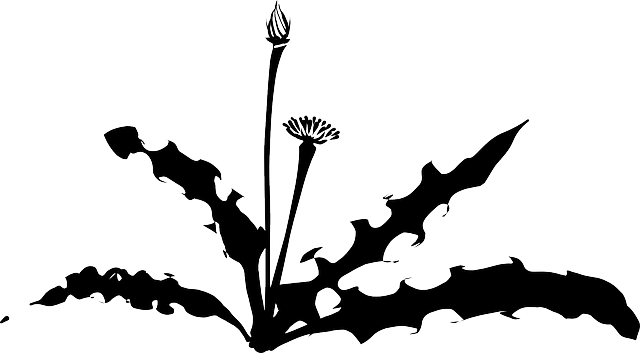
THCA, or Tetrahydrocannabinolic Acid, is a non-psychoactive cannabinoid found in hemp and cannabis plants that is believed to offer various health benefits. As interest in cannabinoids grows, understanding how to use THCA flowers safely becomes paramount. The legality of THCA flowers varies across EU countries, with some nations permitting their use while others maintain strict regulations. Users must first verify the legal status within their jurisdiction before considering THCA flower use.
Navigating the nuances of THCA flower dosage is crucial for safe consumption. Unlike many other compounds, THCA does not induce psychoactive effects typically associated with its decarboxylated form, THC. Therefore, users may experiment with higher doses to achieve the desired therapeutic outcomes. However, individual sensitivity and tolerance levels play significant roles in determining the optimal dosage. It is often recommended to start with a low dose and gradually increase it as needed, while always adhering to personal comfort and legal limits. Interactions with other medications or substances should be carefully considered, as THCA may affect how your body processes them. Consultation with a healthcare provider is essential, especially for individuals taking prescription medications, to avoid adverse effects and ensure safe use. Additionally, it’s important to source THCA flowers from reputable providers, ensuring that the product’s concentration and purity are accurately labeled. Following recommended guidelines and adhering to local regulations will help in enjoying the potential benefits of THCA flowers while minimizing risks.
In recent years, the landscape of cannabinoid products has evolved, with particular attention given to the therapeutic and medicinal properties of THCA (Tetrahydrocannabinolic Acid) flowers. As this article has explored, the legal status of THCA in EU countries is a nuanced matter, varying by jurisdiction. It’s clear that while offering potential health benefits, THCA flowers also present certain side effects and safety considerations that users should be aware of to ensure responsible use. Dosage, interaction with other substances, and individual health factors all play crucial roles in the experience with THCA flowers. Prospective consumers are encouraged to consult with healthcare professionals before incorporating these products into their wellness routines, particularly given the evolving legal landscape. With a comprehensive understanding of usage and benefits, alongside safety guidelines, individuals can make informed decisions about the role THCA flowers might play in their lives within the bounds of legality as defined by EU countries’ regulations.
